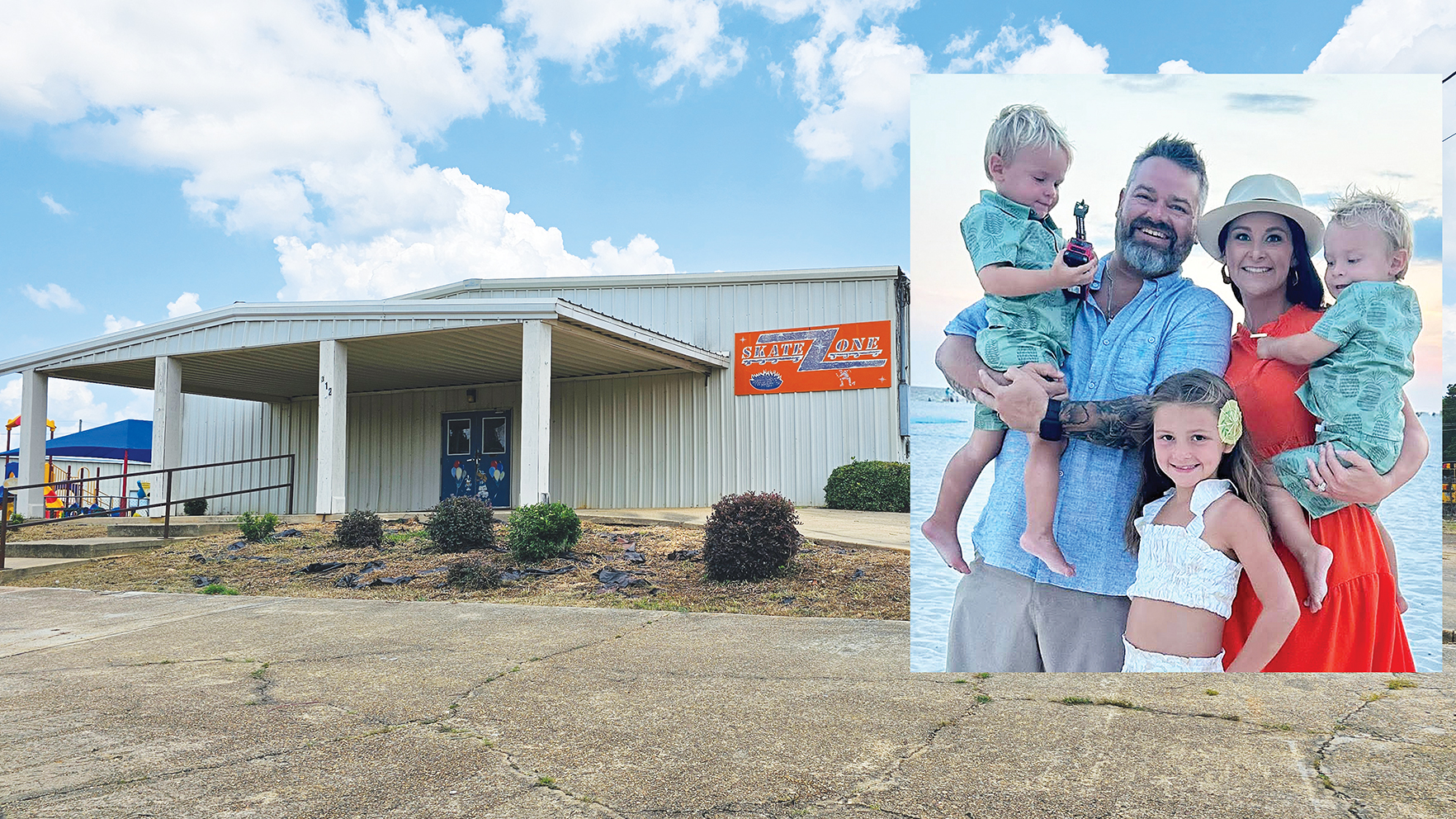Coronavirus connections
Published 4:41 pm Tuesday, February 4, 2020
My sister-in-law has a special interest in the coronavirus ravaging her native country. He’s 82 and lying in a hospital bed in Xinyu, China. But her dad’s not sick. At least, not coronavirus kind of sick.
“He’s been struck by a car,” she texted during what should have been the peak of Chinese New Year activities. Instead of the usual celebrations, though, there are quarantines and question marks across the land. Not exactly the best time to go to the ER.
The day of her father’s accident, buses were still running. The retired electrical engineer made a routine dinnertime visit to his son’s apartment, but on his way home along the illness-emptied streets he managed to collide with a sedan. X-rays showed a broken femur and something going on with his lower spine. Nurses put him in a bed and told him surgery would have to wait until the swelling went down.
Trending
Meanwhile, flight service halted and concerns about the virus grew. My poor sister-in-law was left 7,555 miles away with little to do except study phone photos and pray. Living in a different hemisphere from her family has always been hard, but never more so than now.
“My husband says I’m consumed with the news,” she admits, describing a near-constant intake of all things coronavirus. Mostly, it’s unofficial Chinese news outlets, Twitter feeds, and a Chinese app called “WeChat.”
Her father’s hospital is in Jiangxi, a landlocked province just south of Wuhan, the epicenter of the epidemic. His city of Xinyu has some 1 million residents and 43 confirmed coronavirus cases — the highest rate outside the main province. And according to my sister-in-law’s sources, only three provinces in China have reported what’s deemed a “super-spreader” — an unusually contagious individual who’s infected many others with the virus. One of the three super-spreaders lives in Jiangxi.
Officials there shut off roads with boulders and mounds of dirt. All motorized vehicles — private or governmental — are banned within the city limits unless they’re marked as part of the Coronavirus task force. Non-essential businesses are closed. That means no restaurants cooking stir fry, no hair salons snipping dry ends. School’s out until further notice. Everyone is encouraged to stay home.
My sister-in-law’s brother can’t stay home, though. He must make the trek to the hospital at least twice a day, despite the shuttered public transportation system. If he doesn’t, his father will go hungry. In China’s hospitals, families of patients provide their meals. They also give them sponge baths and dispose of their waste.
I know. Surprising, right? I first learned of their system last year when my sister-in-law was there for a month, sitting at the bedside of her dying mother. They cooked and pureed her food at home, took it to the hospital, then inserted it into her feeding tube. At least three times a day.
Trending
“In China, there’s an abrasive relationship between staff and patients,” she explains. “They won’t touch patients any more than necessary.”
A couple of days into her father’s hospital stay, relatives suggested a way my sister-in-law could provide help long-distance. Face masks, the kind believed to provide protection from the coronavirus, were scarce. Could she mail some gan kuai? (That’s Chinese for “pronto.”)
“First, I checked Amazon,” she says. “Everything was out of stock, currently unavailable. I went to all the hardware stores and pharmacies in my area. Nothing but empty shelves.”
She finally found two boxes pushed to the back of the bin at a Home Depot 30 minutes away from her suburban Indianapolis home. She mailed them, but there’s no guarantee they’ll end up in the right hands.
“Delivery guys are getting robbed,” she explains, describing the desperate situation in China.
No one knows for sure why her dad’s surgery was delayed for more than a week. Early on, he heard the surgeon had a cold. (The coronavirus produces cold-like symptoms.) Also, two feverish patients walked through the hospital’s doors Friday. Since it’s not a coronavirus designated facility, doctors who treated them weren’t wearing protective gear. They had to be quarantined until cleared.
“Staff loss like that can render the hospital non-functioning,” my sister-in-law speculated.
But the good news is he did get the necessary surgery Monday night. While he recuperates in the hospital for the next three weeks (yes, three weeks), he’ll make his way through a stack of detective novels his daughter gave him long before the virus trouble.
“He loves to work on his English,” she says.
Her brother continues to deliver broth soup, rice and other dishes twice a day, scurrying along empty streets and wearing a mask as he goes. When he returns to his 32-story building, he takes another precaution all the coronavirus experts are advising. He uses his key to push the elevator buttons.
Kim Henderson is a freelance writer. Contact her at kimhenderson319@gmail.com. Follow her on twitter at @kimhenderson319.





